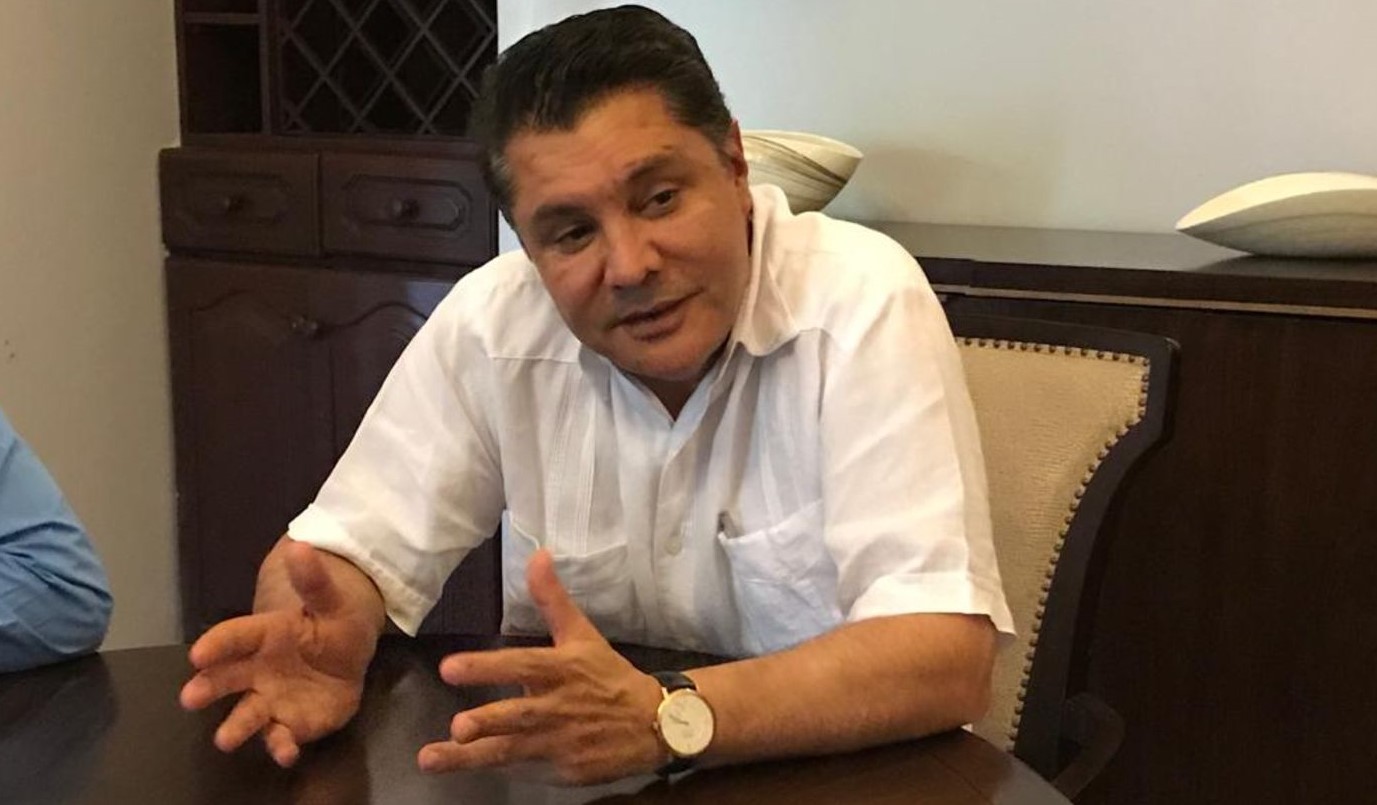Outcome of proposals over ICC due tomorrow

MPs pray with Deputy President William Ruto and his co-accused, Mr Joshua arap Sang, outside ICC on October 2. The outcome of Kenya’s proposals for amendments to the Rome Statute will be known tomorrow. PHOTO | NMG
What you need to know:
- The Assembly of State Parties will discuss the indictment of sitting heads of state and its consequences on peace and stability
Nairobi. The outcome of Kenya’s proposals for amendments to the Rome Statute will be known tomorrow.
Kenya is seeking to have articles of the Rome statute amended to allow sitting heads of state to be immune to trials by the International Criminal Court and to attend trials via video link.
In a special segment requested by the African Union that include Kenya’s proposals, the Assembly of State Parties will discuss the indictment of sitting heads of state and its consequences on peace and stability.
“Results of the special segment will be made available by close of the proceedings on Thursday, 28 November,” said Ms Tiina Intelmann, President of the Assembly.
Discussions on the proposals started on Tuesday last week with panel presentations by Attorney General Mr Githu Muigai who is leading the Kenyan delegation, Ms Djeneba Diarra, legal counsel for African Union Commission and Ambassador Rolf Einar Fife (Norway).
Others were Prof Cherif Bassiouni, chairman of the Drafting Committee of the 1998 Rome UN Diplomatic Conference which established the ICC, and an assistant professor Charles C. Jalloh, an academic expert on ICC-Africa issues.
The President of the Court, Judge Sang-Hyun Song, observed that the Assembly was the proper forum for all stakeholders to consider the challenges being faced by the system of international criminal justice.
“We expect to make sober decisions that will ensure justice is done to the victims and the accused is accorded the right treatment,” Mr Hyun Song said.
ELECTION OF JUDGES
Meanwhile, the Assembly of State Parties concluded the first week at The Hague by electing one judge to the ICC and six experts to its budget committee.
The newly elected judge Mr Geoffrey Henderson (Trinidad and Tobago) fills a vacancy at the ICC previously occupied by Mr Anthony Carmona who resigned as judge, to become president of Trinidad and Tobago in March this year.
Mr Henderson will serve a term as judge of the ICC until March 10, 2021.
He garnered 98 votes out of a maximum of 99 votes, going beyond the two thirds majority required for election while drawing support from all regions of the world.
During the same meeting, the Assembly also elected six experts of the Committee of Budget and Finance (CBF): Mr Juhani Lemmik (Estonia), Mr David Banyanka (Burundi), Ms Carolina María Fernández Opazo (Mexico), Mr Gilles Finkelstein (France), Mr Gerd Saupe (Germany) and Ms Helen Louise Warren (United Kingdom).



